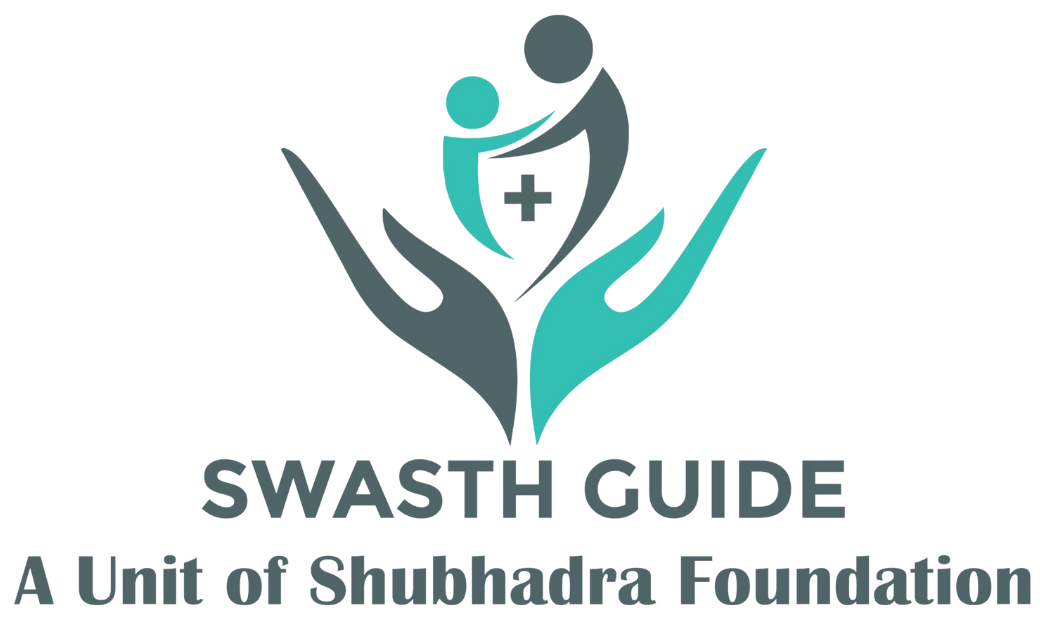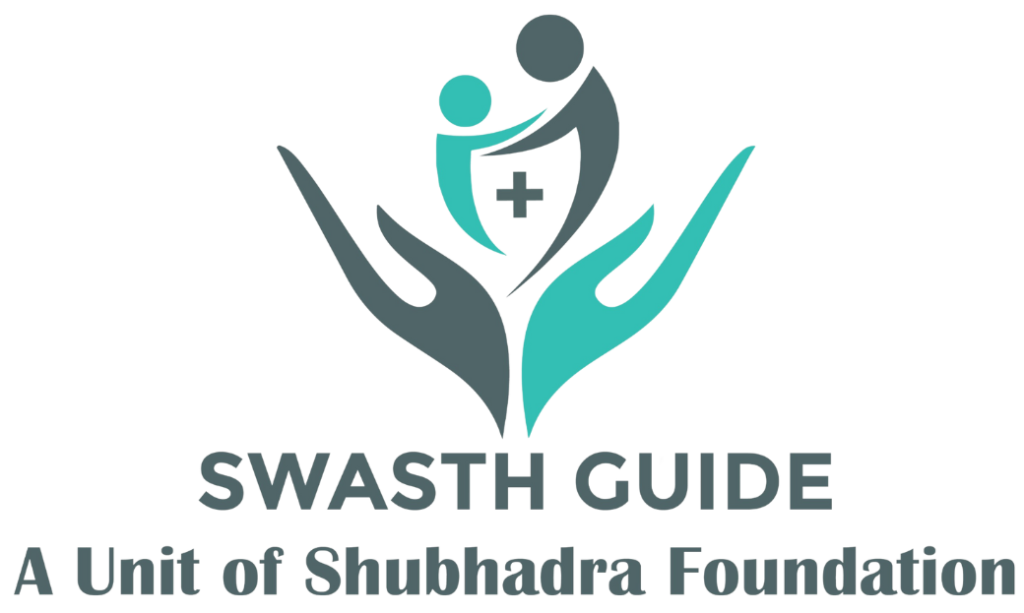“Know Your Rights as a Patient in India”
“How to Access Affordable Healthcare Services”
Here are two blog post ideas focused on Patient Rights in India:
1. Know Your Rights as a Patient in India
As a patient, you have certain rights that ensure you receive respectful, safe, and effective care. Understanding these rights helps you advocate for yourself and ensures better treatment in healthcare settings. Here’s a look at some key patient rights in India:
- Right to Informed Consent: You have the right to be fully informed about your diagnosis, treatment options, and the risks associated with medical procedures. This allows you to make informed decisions about your healthcare.
- Right to Confidentiality: Your medical information should remain private and confidential, and cannot be disclosed without your consent, except in specific legal circumstances.
- Right to Access Medical Records: You have the right to access your medical records and request copies. This is important for making informed decisions and for continuing your treatment with other healthcare providers.
- Right to Quality Care: You are entitled to receive medical treatment that meets established standards of quality. Healthcare professionals are obligated to provide care that is safe, respectful, and appropriate for your needs.
- Right to Choose Your Healthcare Provider: As a patient, you can choose the healthcare provider or facility that you feel best meets your needs, whether it’s a government or private hospital.
- Right to Second Opinion: If you’re unsure about your diagnosis or treatment plan, you have the right to seek a second opinion from another healthcare professional.
- Right to Emergency Care: In case of a medical emergency, hospitals and healthcare providers are obligated to treat you regardless of your ability to pay or your social status.
- Right to Dignity and Non-Discrimination: You have the right to be treated with respect and dignity, free from any discrimination based on age, gender, caste, religion, or socioeconomic status.
- Right to Refuse Treatment: You have the right to refuse any treatment or procedure, as long as you’re fully informed of the potential risks of doing so.
- Right to a Safe Environment: You are entitled to receive healthcare in an environment that is free from any physical harm, harassment, or abuse.
By understanding these rights, you can ensure that your healthcare journey is one of respect, transparency, and quality care.
2. How to Access Affordable Healthcare Services in India
Accessing quality healthcare at an affordable price can be challenging in a country like India, where healthcare costs can vary widely. However, there are several ways to ensure that you get the medical attention you need without overburdening your finances:
- Utilize Government Hospitals and Clinics: Public healthcare institutions in India, such as government hospitals and primary health centers (PHCs), provide quality care at a much lower cost compared to private hospitals. Many treatments and services are either free or very affordable.
- Health Insurance: Purchasing health insurance can be one of the most cost-effective ways to manage healthcare expenses. The Indian government’s Pradhan Mantri Jan Arogya Yojana (PMJAY) provides health insurance coverage for low-income families. Private insurers also offer comprehensive coverage that can be tailored to individual or family needs.
- Government Schemes and Programs: The Indian government runs various health programs that provide subsidized care, including the National Health Mission (NHM) and the Ayushman Bharat scheme. These programs are designed to make healthcare affordable, especially for those in rural areas.
- Generic Medicines: Opting for generic medicines instead of branded ones can save a significant amount of money. Many generic drugs have the same composition as branded ones but cost far less.
- Telemedicine Services: Many healthcare providers offer online consultations at a fraction of the cost of in-person visits. Telemedicine services allow patients to receive advice from doctors without the need to travel long distances.
- Subsidized Medical Tests: Several diagnostic centers and hospitals offer discounted or subsidized rates for medical tests, especially during health camps or special events organized by the government.
- Health and Wellness Programs: Many private hospitals and health organizations offer discounted wellness packages that include regular health checkups, vaccinations, and consultations.
- Pharmaceutical Assistance Programs: Some pharmaceutical companies offer financial assistance or discounts on expensive medications for people with chronic illnesses or special needs. Inquire at your local pharmacy about available programs.
- Non-Governmental Organizations (NGOs): Some NGOs in India provide healthcare services, medicines, and treatments at subsidized rates to underserved populations. They may also offer financial aid or resources to help with the costs of treatment.
- Discounted Private Clinics: Some private clinics, especially in smaller cities and towns, offer consultations and treatments at lower costs compared to larger hospitals. It’s worth exploring these options if you need affordable healthcare services.
By leveraging these resources and options, you can find affordable healthcare that fits within your budget, ensuring you and your family can stay healthy without financial strain.

